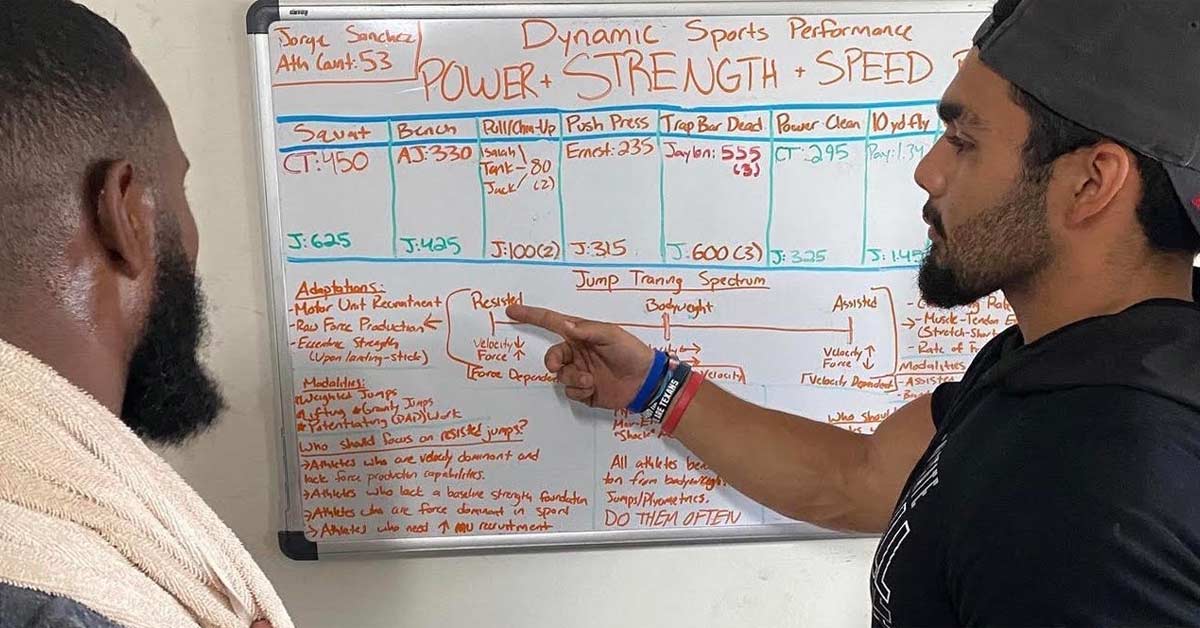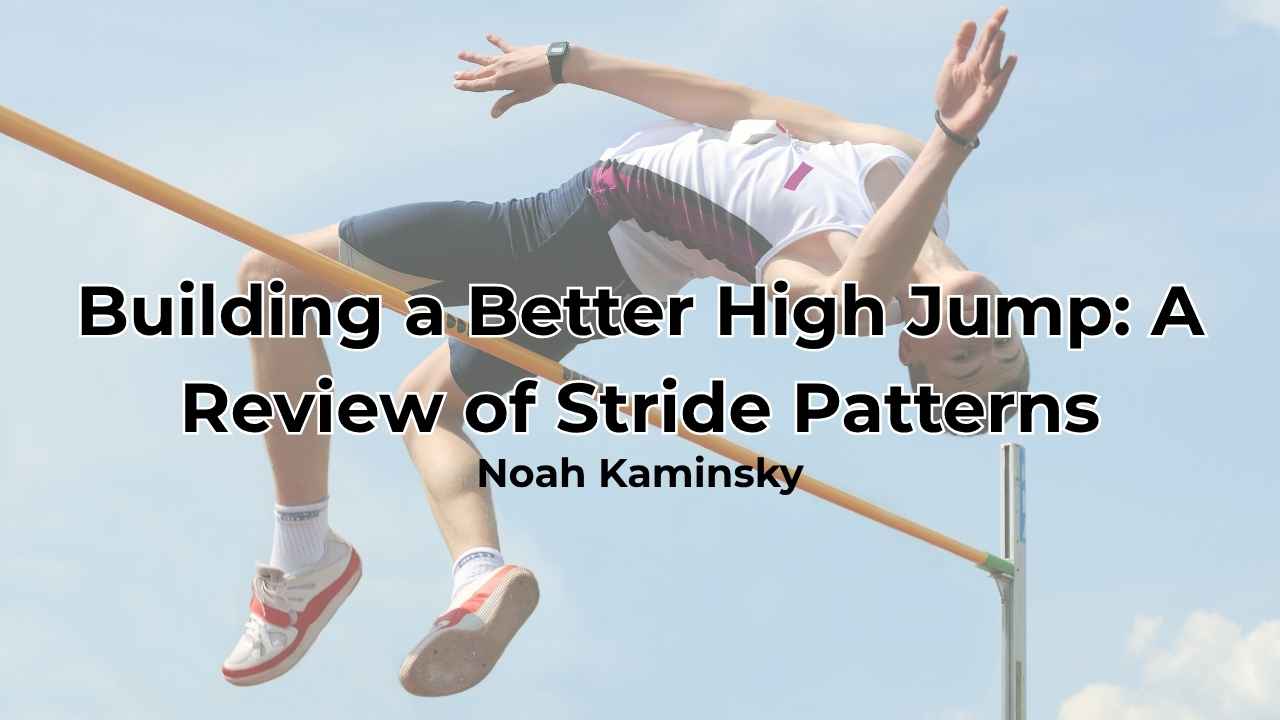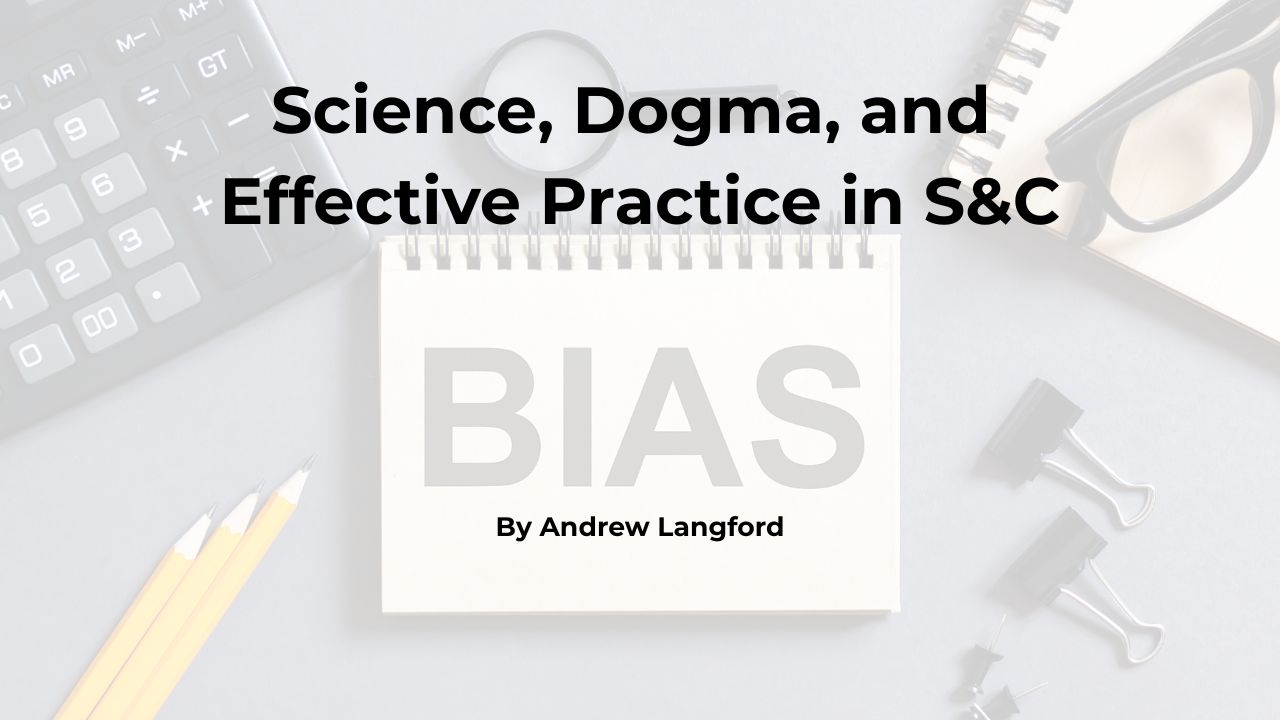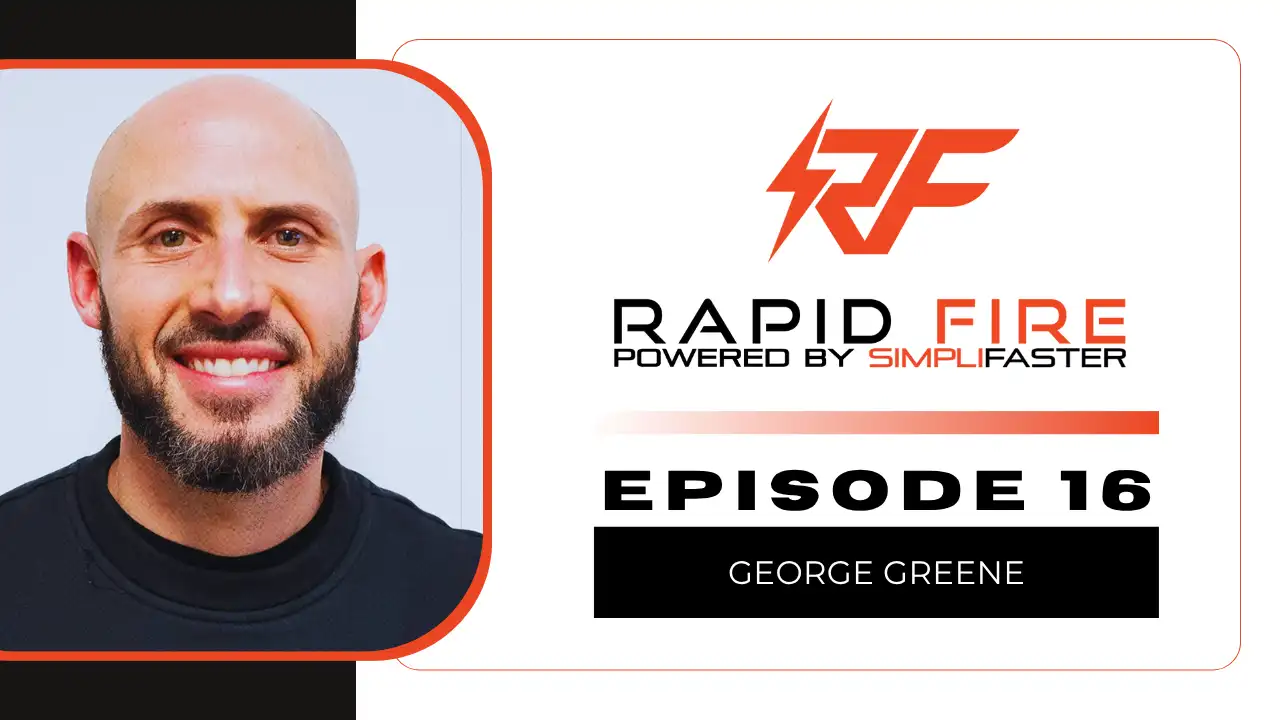Jorge Sanchez is a current Redshirt Junior Linebacker at Henderson State University, business finance major, and strength and conditioning/sports performance coach. Jorge has trained more than 65 athletes in the private sector, ranging from NFL to middle school athletes, and he also runs two strength and conditioning programs at Henderson State. He plans to continue studying human performance alongside his business finance degree to be a resource for athletes who need guidance on how to train themselves and to help athletes improve their athletic performance.
Freelap USA: In your journey as an athlete, what led you to become interested in athletic performance?
Jorge Sanchez: There were two primary reasons. First, playing high school football in Texas at the 6A level while being undersized, I had to create an advantage for myself to earn an opportunity to play at the next level. I knew I wouldn’t be bigger than the guys I was playing against, but I was determined to find a way to be stronger and quicker than everyone else so I could dominate. I couldn’t control my size, but I could control how strong and fast I was, so I focused on controlling what I could.
Second, I did so without the resources other kids may have had, such as a trainer or coach. I grew up fortunate to have supportive parents who always made sure I had everything I needed and more, but asking them to pay the high cost of a trainer was not something that was possible. It was too expensive and seemed like a large burden. The only place that was nearby cost an arm and a leg to train there, and it seemed very general.
I had to discover how to create this edge by learning it all myself. I was obsessed with finding out how to be a better athlete, so I studied everything I could to improve. When it all started to pay off, and I got the opportunity to play college football, I figured I could be a resource for other athletes who wanted to improve but maybe didn’t have the resources. I have a goal to help athletes be the best they can be, regardless of whether they train with me or not.
Freelap USA: What is your overall philosophy when training the athletes who you currently work with?
Jorge Sanchez: Train every athlete to be the best possible version of themselves and teach athletes how to train in the process. We do this by training for the adaptations they need and doing things that are hard that challenge how they manage stress.
We spend time making their strengths stronger, but we spend even more time filling the buckets for things they lack. For example, say we have a force-dominant athlete who lacks rate of force development and velocity-based adaptations and is also a bit stiff in their movement. We will continue to train their force-production capabilities but spend more time training fast to work things such as firing rate, conduction velocity, speed, and muscle-fascia elasticity.
We will also spend time moving in different directions a lot, whether it be in our warm-ups or with our exercise selection in the session. This way, they continue to improve their force production, but they also become faster and move better.
Apart from the training itself, there is a lot of conversation that goes on. During that conversation, before and during the sessions, I make sure to explain what they are doing, why they are doing it, and how it will benefit them. This way they become less and less dependent on me and can learn how to train themselves over time. It may seem counterintuitive to some—because, in a way, I’m training them so eventually they don’t have to train with me anymore—but it helps create smart, independent athletes who can train themselves for what they need.
Freelap USA: You are currently an athlete while simultaneously training athletes your age. What has helped you overcome the challenges of training your peers?
Jorge Sanchez: It all starts with having the confidence that I know what I’m doing. Initially, it felt weird to train athletes my age and older but having confidence in what I know and what I do has helped me overcome that. That confidence didn’t come overnight, but the more I learned, and the more progress made by the initial athletes I trained, the more confident I became. Confidence has been bred through results. My confidence is also tied to how much I grow in my learning.
At the end of the day, it’s about helping athletes progress and giving them the tools they need to excel at their respective sport. If I can do that, then it doesn’t matter if I’m the same age or even younger than the athletes I train. I still have so much to learn but setting that foundation of knowledge and creating a portfolio of results from training has allowed me to have confidence when training my peers.
I still struggle with some things. It’s still hard for me to “take command” of a room full of NFL pros who I train and believe that they’re buying into my training and listening to me, a Henderson State linebacker who plays in the middle of nowhere Arkansas. I have to remember that I do this, and I have to remain confident in all I’ve learned and done in the last few years.
Freelap USA: What has helped you develop your skill set of training athletes while also training yourself as an athlete?
Jorge Sanchez: The biggest aid in developing my skill set to train others has been making the jump to start training other athletes during the breaks off from school and football. I had to get on the floor and coach to develop the skills and gain experience training other athletes. The more I did it, the more comfortable I got with it, and the more skills I developed. I legitimately started by training a few athletes in my garage for free until that grew to training 55 of them within a 12-hour period, all in the same garage.
That eventually grew even more to me training large groups in a large facility called “Armed Sports” in North Houston, and now I’m able to run strength and conditioning for some of the sports here at Henderson State. Also, understanding myself as an athlete now and where I was a few years ago has helped, because it allows me to empathize with other high school and college athletes and develop a closer relationship with them while training them.
Additionally, as an athlete trying to improve my own game, I’ve used myself as a guinea pig with many different training concepts to see what works best and what may not, which has helped me develop a more robust system. That’s not to say I’ll program something just because it helped me run faster, but I may experiment with it to see if it works with others without losing the integrity of the principles I train by and the science-based protocols I follow.
Freelap USA: What is the most important piece of advice you would give an aspiring young strength and conditioning coach?
Jorge Sanchez: Learn as much as you can so you can start as soon as you can. There is so much knowledge and information available to learn from in textbooks, studies, research, Twitter, mentors, podcasts, etc. The faster you start learning and getting comfortable with the principles and science behind everything, the faster you can start gaining experience.
From that point, experience will be the greatest way to learn. You begin to make mistakes, find out what works best, and put everything together. The best lessons I’ve learned have been from my mistakes, and if it wasn’t for messing up some small things along the way, I wouldn’t be where I’m at today. I’ve been able to manage volume better, create more effective warm-ups, and increase my ability to coach speed because of the mistakes I made since I started. Learn everything you can and start early to get ahead to gain that experience and continue to grow.





